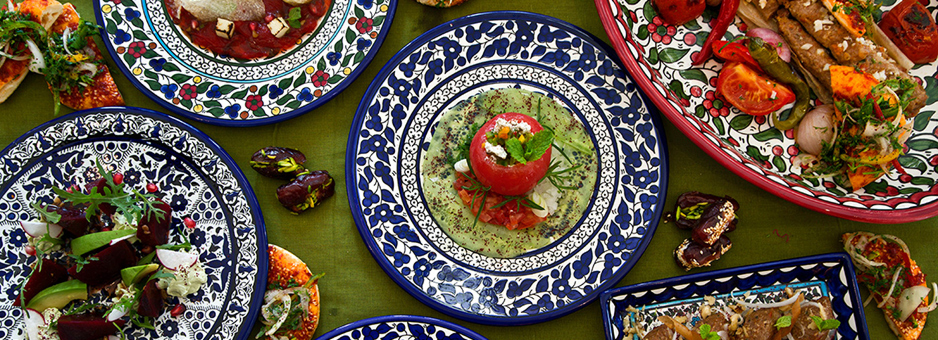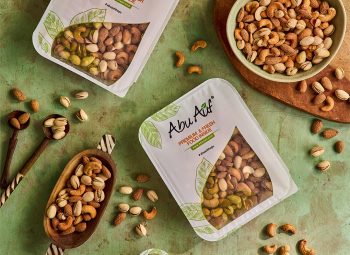Ramadan is but a day away, and we're all worrying about what we could possibly eat for Suhour that will keep us alive all day.
Our friends at Cairo 360 Arabic sat down with Head of the Nutrition Education Unit from the National Nutrition Institute, Dr. Magdy Nazih, to get an expert's take on how to eat properly during Ramadan.

According to Dr. Nazih, we need to be getting in nutrients, proteins, fats, carbohydrate, vitamins and minerals, daily. Sounds like a lot to fit in one day, but it's possible.
During Ramadan, he recommends a distribution of four meals a day:
- A small pre-dinner/breakfast snack when the athan for Maghreb sounds
- The main dinner/breakfast, one hour after Maghreb and/or the pre-dinner
- A meal between the main dinner/breakfast and Suhour
- Suhour, starting 2 ours prior to the athan for Fajr sounds
The pre-dinner should be a drink of juice or water, with a soup. This way, you avoid shocking the stomach, which has gotten used to being empty by this point.
For the main dinner, make sure your meal has enough carbohydrates and proteins. A salad on the side is also a good energy and vitamin boost!
The in-between meal should be fresh fruits a fruit. Sweets are allowed at this point, but in small quantities.
For Sohour, stick to simple foods with minimal ingredients (e.g. omelets, beans, cheese) and avoid big, complex dishes (e.g. macaroni bashamel, moussaka, '3egga').

Now we know you love your 'mekhalel', but Dr. Nazih maintains that we need to cut down on salty and spicy foods during the Holy Moth, as the former make us thirsty and the latter irritate the bowels. He also reminds us that we should make sure to get in exercise regularly; a short walk after dinner/breakfast is enough.
Follow these guidelines, and you'll be healthier come the end of Ramadan than when you started!
__________
By Mohamed Sabry & Salma Anderson







